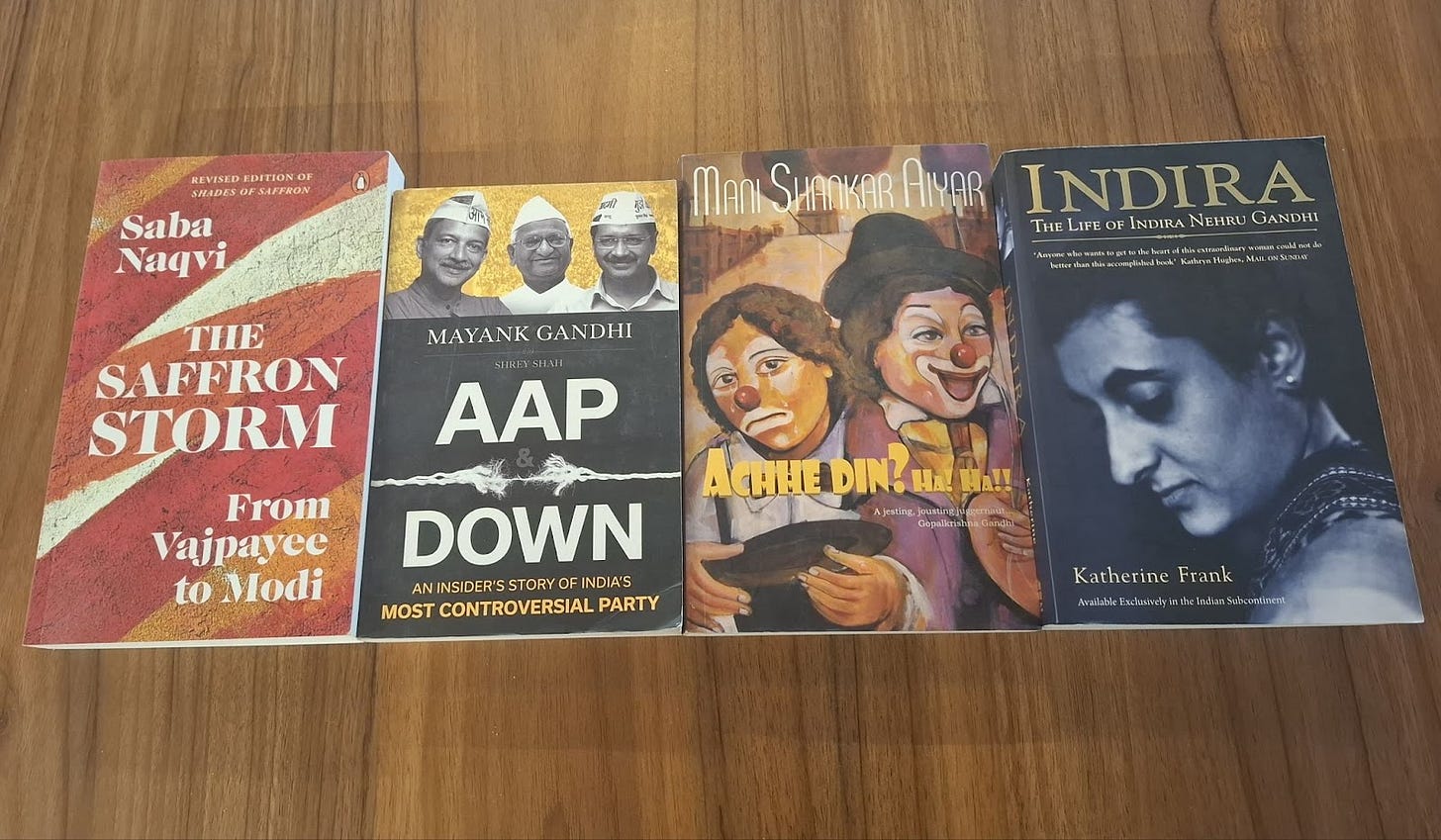An Edelweiss Blooms Amidst Dhaka-Islamabad Relations?
If one were to ask Switzerland’s Federal Department of Foreign Affairs, what makes the short list of the most iconic images associated with the country, they may respond with…the edelweiss.
While we could tell you this “delicate mountain flower” (as the House of Switzerland website describes it), is a member of the daisy family, or that it originated in Asia, the flower is arguably most often associated with the eponymous track from Robert Wise’s iconic 1965 musical, The Sound of Music.

In 2023, nearly six decades after the film’s famed Rodgers and Oscar Hammerstein II-crafted soundtrack was released, fans of the musical were greeted with a startling announcement: the original vocals of the male protagonist, played by Christopher Plummer would be released for the public to hear for the very first time.
This may come as a surprise to many who assumed that Plummer was responsible for the vocals of his character, Captain Von Trapp, much like Julie Andrews was for her widely-beloved character, Maria.
While the Canadian actor underwent vocal training as part of his role of a stern naval commander, his vocals were never released as part of the film, but rather dubbed over by famed American singer Bill Lee.
As film historian Mike Matessino recounted in an interview with The Guardian,
“One of the reasons he [Plummer] took the role was to improve his singing, which he did, but not consummately enough to sit comfortably opposite Julie Andrews. Plummer was taking singing lessons all the way through [filming] and his voice is pleasing but not quite good enough.”
Much like the misgivings around the male vocalist for this famed film, Takshashila’s Pakistan Studies Research Analyst, Aishwaria Sonavane argues that there’s more than meets the eye when it comes to the state of Pakistan and Bangladesh bilateral ties, particularly in light of the recent uptick in engagement between both nations.
In her recent Op-Ed in The Hindu, Aishwaria helps you unpack the complexities around (and perhaps the true nature of) the growing closeness between Dhaka and Islamabad, and where Delhi can and should factor into this evolving dynamic.
To take a closer look at her timely research and recommendations, follow this link dear reader.
P.S.: For those interested in listening to Plummer’s earnest rendition of ‘Edelweiss’ follow this link.
Let’s Consider the State of India’s States…
Takshashila Co-Founder, Narayan Ramachandran, writes about the state of Indian states in his recent column for The Mint, arguing for why the issue warrants greater consideration:
After the central budget that was presented on 1 February, the scene of reform action is expected to shift to Indian states. Taken together, Indian states spend 150% of the total amount that the Centre spends.
The state of Indian states matters and will likely matter even more in the years to come. At a state-by-state level, governments need to focus on reducing revenue expenditure and increasing capex, selling off unproductive assets and reforming those aspects of the state that keep them chronically unhealthy, such as an over-emphasis on government consumption and their perpetual losses from state-owned power distribution companies (discom losses, i.e.).
Read his insightful commentary in full at the link provided.
Let’s Get the Fundamentals Right: India’s Industrial Policy
Included in this section header are but a few words of prudent advice Takshashila Assistant Professor, Sarthak Pradhan, has for India’s manufacturing sector. However, what would these fundamentals entail?
In his recent article in the Council on Foreign Relations (CFR), Sarthak argues,
This includes removing obstacles to private investments, such as high corporate taxes and uncertainty associated with the tax regime; implementing measures to attract, nurture and retain talent from within and outside the country; removing restrictive regulations, such as those on land and labor; and preventing protectionist measures like high tariffs that hinder firms from scaling up.
India should also incentivize private firms to invest in research and development through measures such as tax credits. India’s 1991 reforms set it on a growth trajectory. Now, it is time for the next set of factor market reforms.
To read his detailed analysis on what India’s industrial policies need, follow the link here.
DeepSeek and Its Implications for India…
In a recent video interview with StratNewsGlobal.tech, High-Tech Geopolitics Research Analyst, Shobhankita Reddy, unpacks why the announcement of DeepSeek led to alarm in the US, the R1 model’s data privacy concerns and what the implications are for India, particularly given the absence of a domestic innovation architecture.
To hear her thoughtful insights on all the above and more, follow this link.
The Indo-Pacific’s View on China is…
…complicated. But don’t just take my word for it.
As part of the UK National Committee on China’s (UKNCC) Guest Contributor Programme Manoj Kewalramani, Chairperson of the Indo-Pacific Studies at Takshashila contributes a robust commentary in response to the question “How does the Indo-Pacific view China?”
Curious to read his fulsome analysis in response to the question? Follow this link.
Defence Budget Breakdown: All Things Policy (ATP) Episode of the Week
The ATP of the week features a conversation between our Indo-Pacific Studies Programme Staff Research Analyst, Anushka Saxena, and our Pakistan Studies Research Analyst, Aishwaria Sonavane, where they together examine India’s defence budget for FY 2025-26.
In this episode, they explore, among other things, the spending priorities, capital allocation, and strategic implications of this edition of the budget.
To listen to their conversation in full, follow this link.
Takshashila Tabletop Trove!
Welcome back to the Tabletop Trove of Dispatch! As you may well know, this section is intended to be a virtual repository of the books that sit at a high-table located in Takshashila’s physical office space in Bengaluru, Karnataka.
This week’s theme is ‘Party, Politics, and Power in India’ as curated by our Indo-Pacific Studies Staff Research Analyst, Anushka Saxena:
1. The Saffron Storm: From Vajpayee to Modi (Saba Naqvi)
2. AAP & Down: An Insider's Story of India's Most Controversial Party (Mayank Gandhi)
3. Achhe Din? Ha! Ha! (Mani Shankar Aiyar)
4. Indira: The Life of Indira Nehru Gandhi (Katherine Frank)
This edition of the Dispatch was written by Kripa Koshy, Programme Manager for Takshashila’s Post Graduate Programme in Public Policy.




